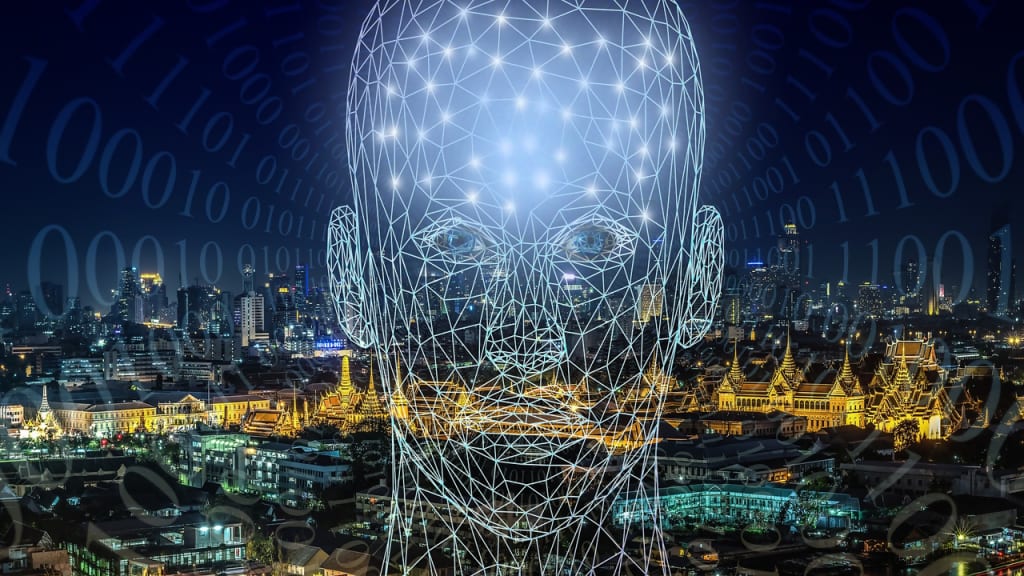
Artificial intelligence, or AI, is a rapidly growing field that has the potential to revolutionize many industries and aspects of daily life. At its core, AI is the development of computer systems that can perform tasks that would typically require human intelligence, such as understanding natural language, recognizing patterns, or making decisions.
One of the key areas of AI research is machine learning, which allows systems to learn and improve from data without being explicitly programmed. This is achieved through the use of algorithms that can identify patterns in the data and make predictions or decisions based on those patterns.
One of the most well-known applications of AI is in the field of computer vision, where systems are trained to recognize and understand images and videos. This has a wide range of potential uses, from self-driving cars to medical imaging. Another area where AI is being applied is natural language processing, which allows computers to understand and generate human language. This is the technology behind virtual assistants like Apple's Siri and Amazon's Alexa, as well as the automated customer service chatbots that have become increasingly common.
In addition to these consumer-facing applications, AI is also being used in a number of industries to automate tasks, improve efficiency, and make better decisions. For example, in finance, AI is being used to analyze vast amounts of data to identify patterns and make predictions about market trends. In healthcare, AI is being used to analyze medical images and make diagnoses, as well as to improve the efficiency of clinical trials.
One of the most promising areas for AI is in its ability to augment human capabilities, rather than replace them. For example, AI can be used to assist doctors in making diagnoses by identifying patterns in medical images that might be difficult for a human to see. Similarly, in industries like manufacturing and logistics, AI can be used to assist workers in performing tasks by providing real-time data and recommendations.
However, despite the many potential benefits of AI, there are also a number of concerns that need to be addressed. One of the main concerns is the potential for AI to displace jobs and exacerbate economic inequality. Another concern is the potential for AI to be used in ways that are harmful or unethical, such as in the development of autonomous weapons.
It is important for the development of AI to be guided by a strong ethical framework. This would involve considering the potential impacts of AI on society and taking steps to mitigate any negative effects. Additionally, it is important for the development of AI to be inclusive and to ensure that the benefits of AI are shared widely.
Important aspect of AI development is ensuring that the technology is transparent and explainable. As AI systems become more advanced, it can be difficult to understand how they reach their decisions, which can make it difficult to trust their outputs. This is particularly important in fields such as finance, healthcare, and criminal justice, where the stakes are high and decisions made by AI systems can have a significant impact on people's lives.
To address this issue, researchers are working on developing methods for making AI systems more transparent and explainable. For example, some researchers are developing methods for visualizing the internal workings of neural networks, which are a type of machine learning algorithm commonly used in AI systems. Other researchers are working on developing methods for generating natural language explanations of the decisions made by AI systems.
It is important to ensure that the development of AI is guided by a strong legal and regulatory framework. As AI systems become more advanced, they raise a number of legal and ethical questions, such as who is responsible when an AI system makes a mistake. To address these questions, it is important to have a strong legal and regulatory framework in place that can provide guidance on how AI systems should be developed and used.
AI is a powerful technology that has the potential to bring about significant benefits, but it is important to proceed with caution and consider the potential impacts on society. With the right policies in place and an ethical framework guiding its development, AI has the potential to improve the lives of people around the world. However, ensuring transparency, explainability, robustness, and safety are also important to guarantee the technology will be used in a safe and responsible way. Additionally, a strong legal and regulatory framework is needed to provide guidance on how AI systems should be developed and used, to ensure that the benefits of AI are shared widely and that the technology is used in an ethical and responsible way.
About the Creator
Max Leron
Max is an experienced writer and content strategist with over years of experience in the field. Written for numerous publications.





Comments
There are no comments for this story
Be the first to respond and start the conversation.